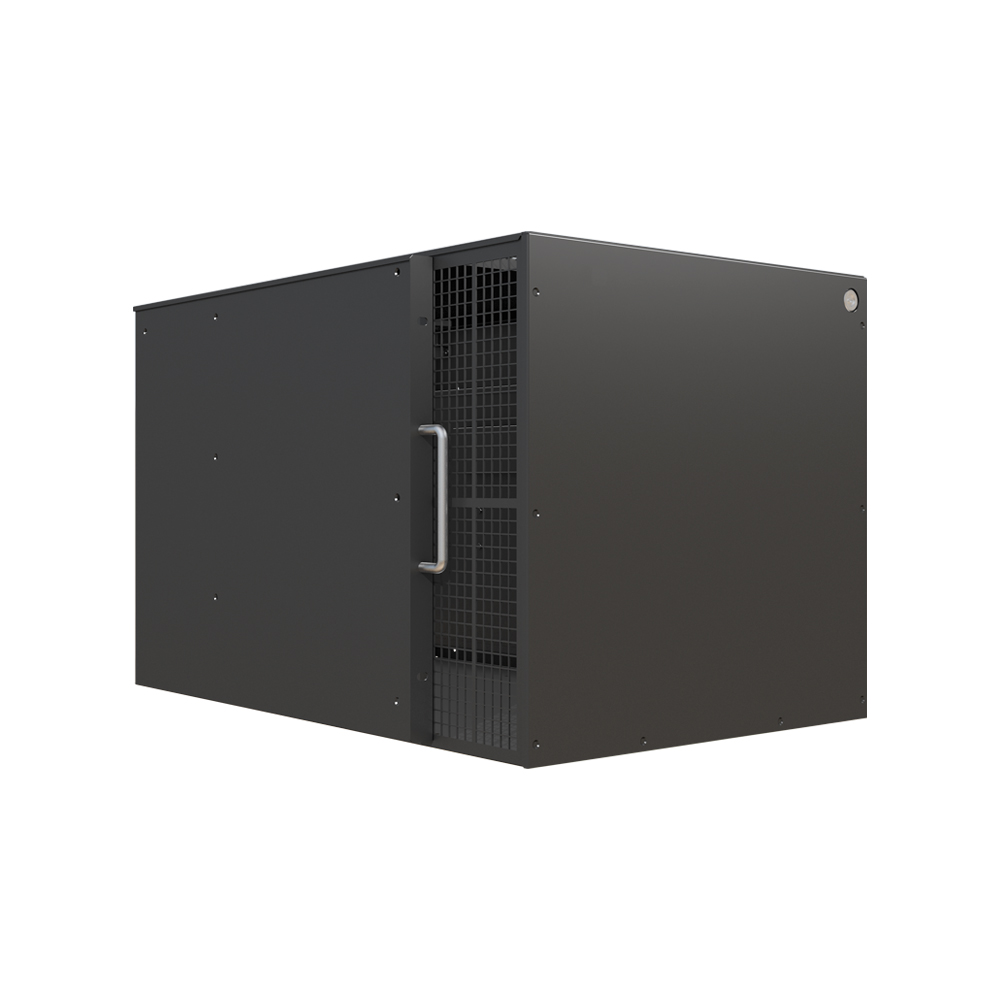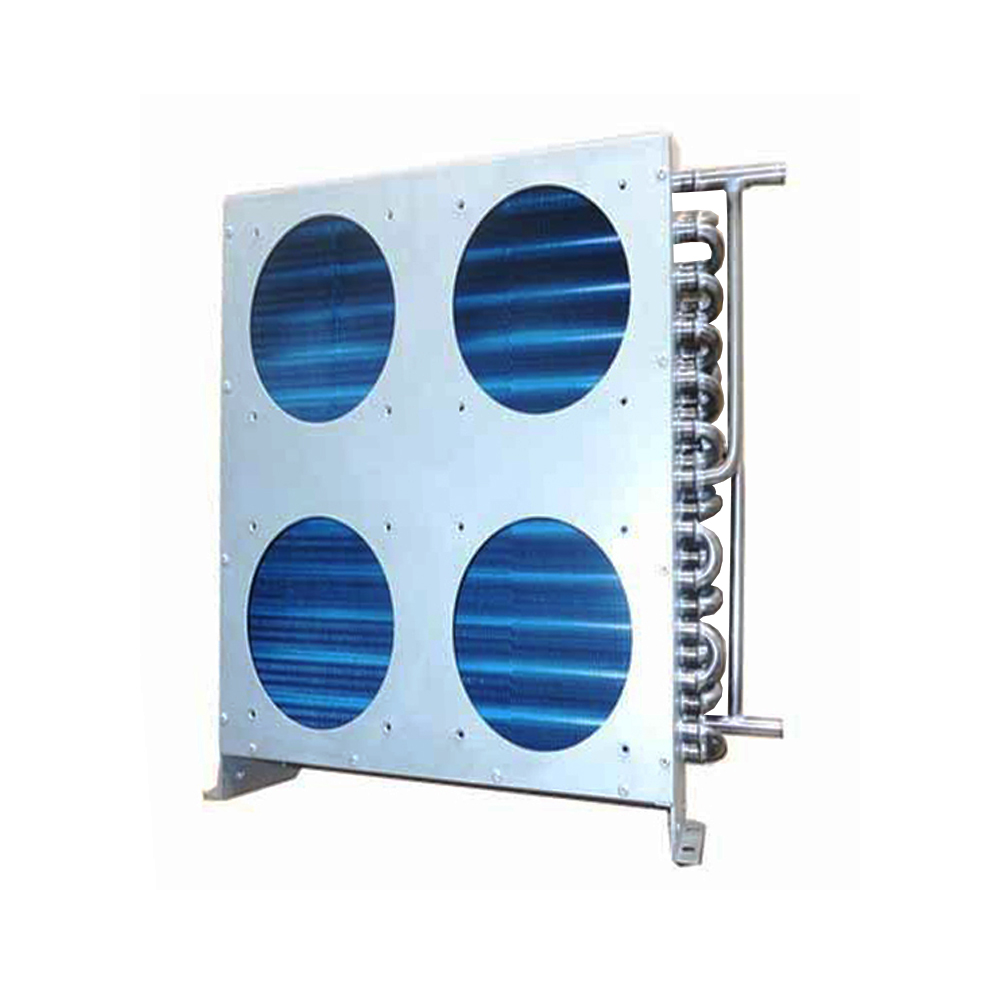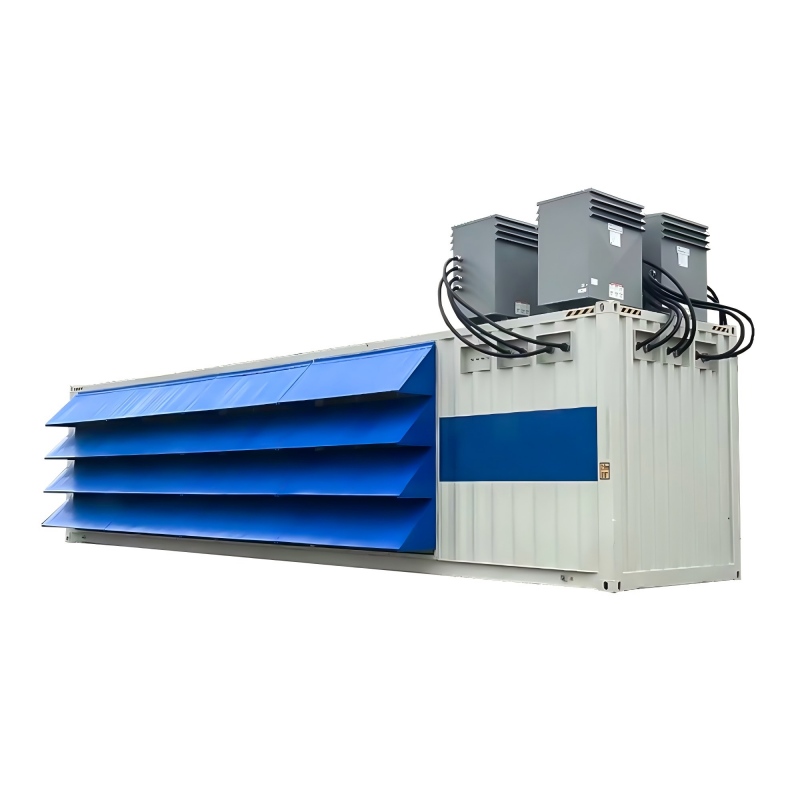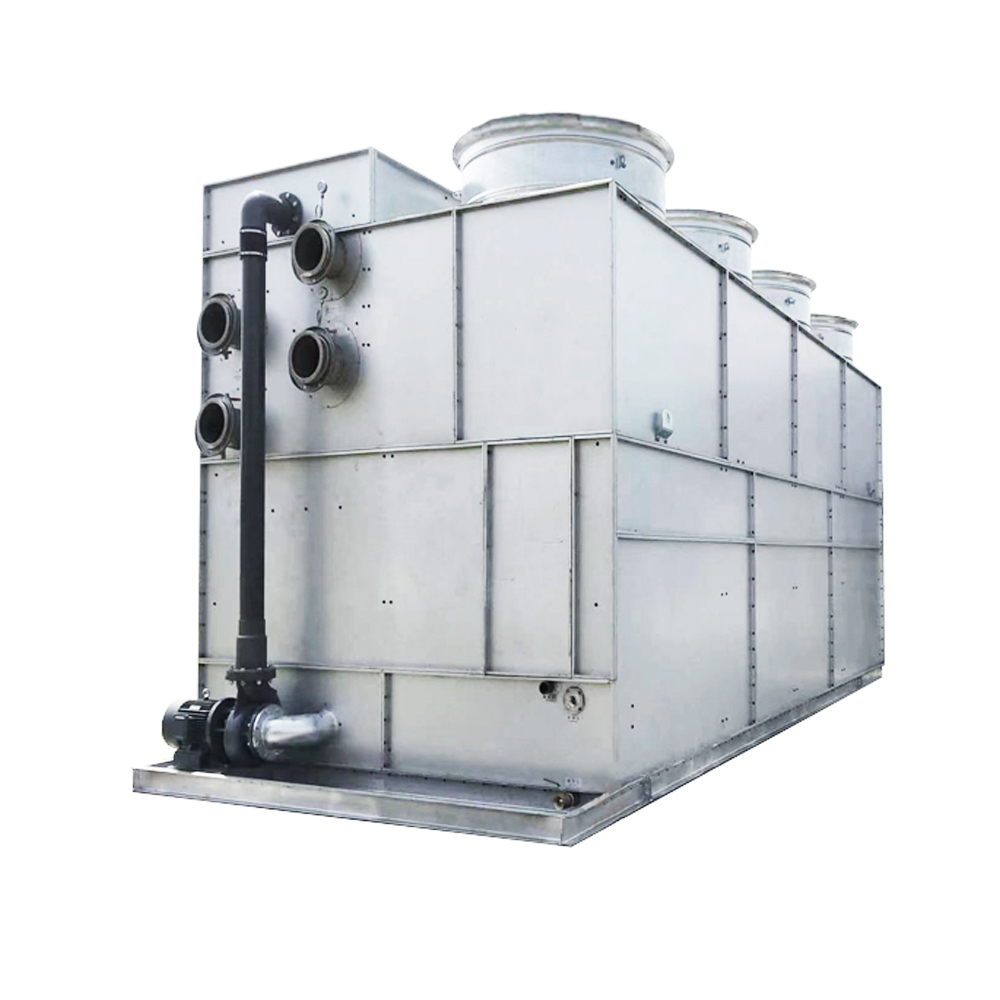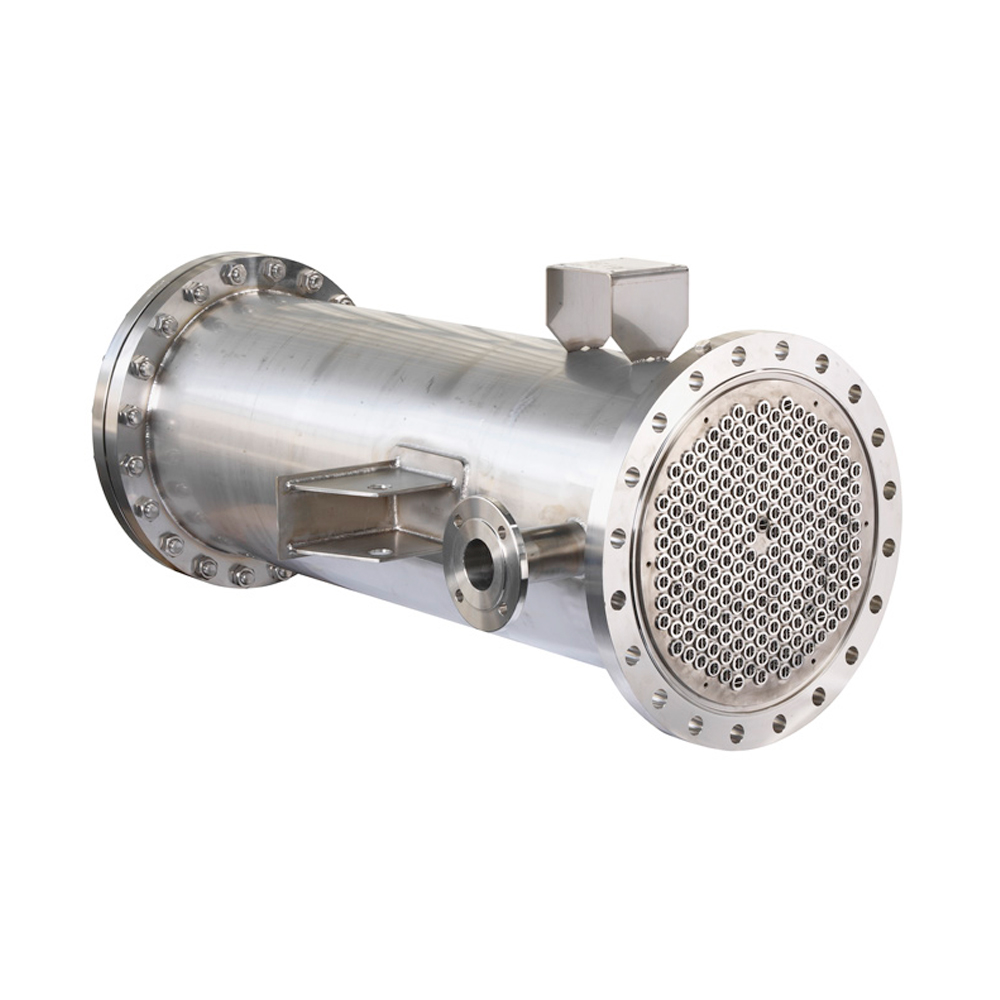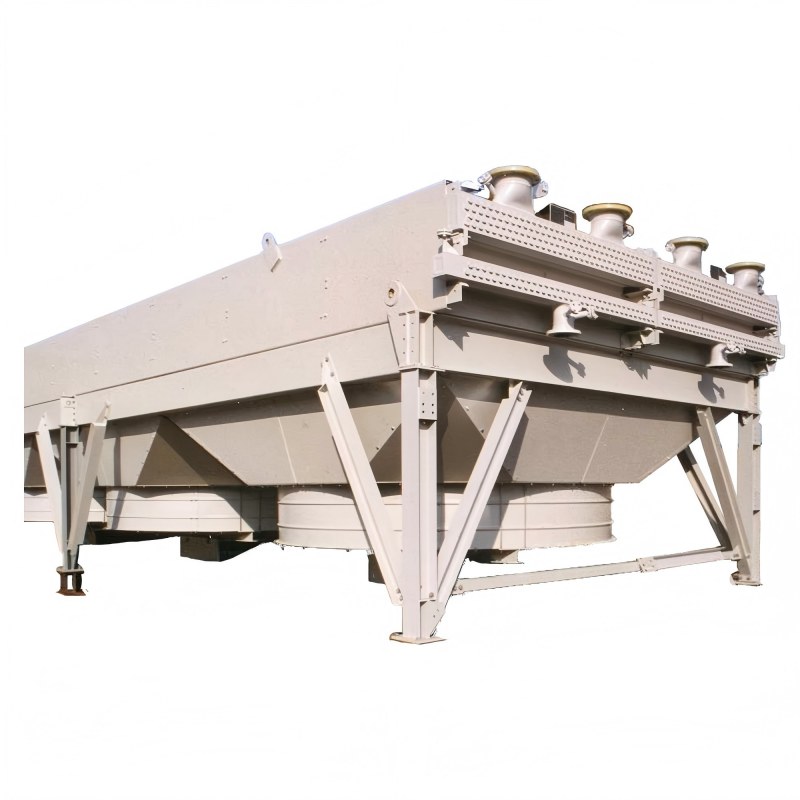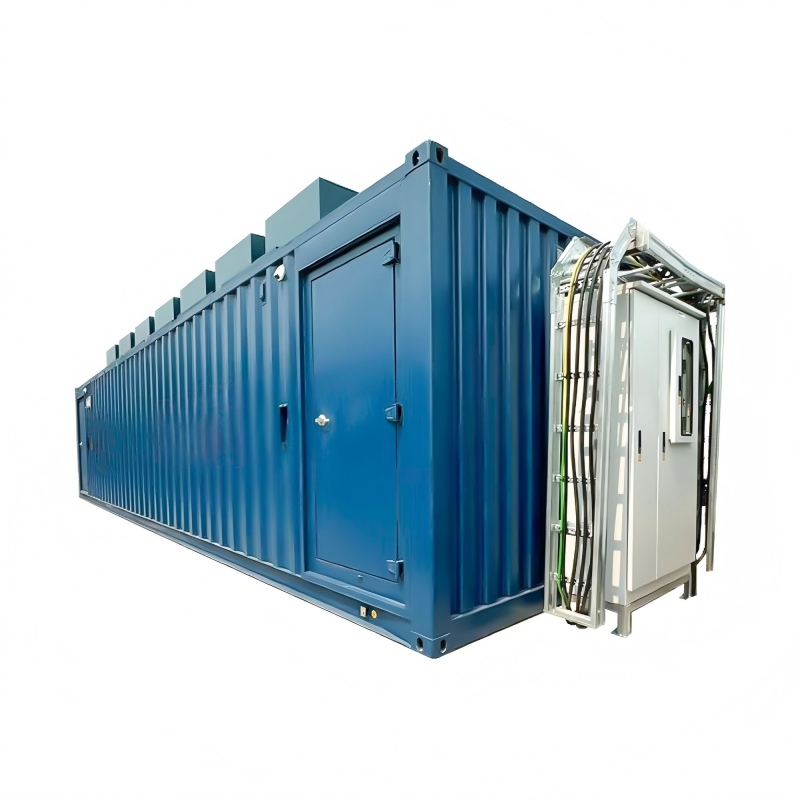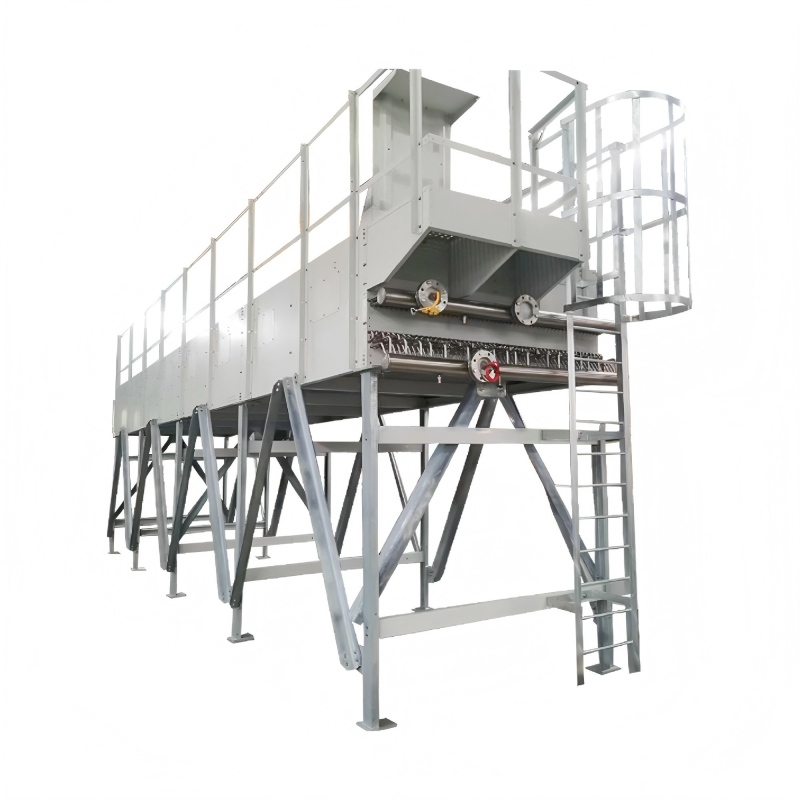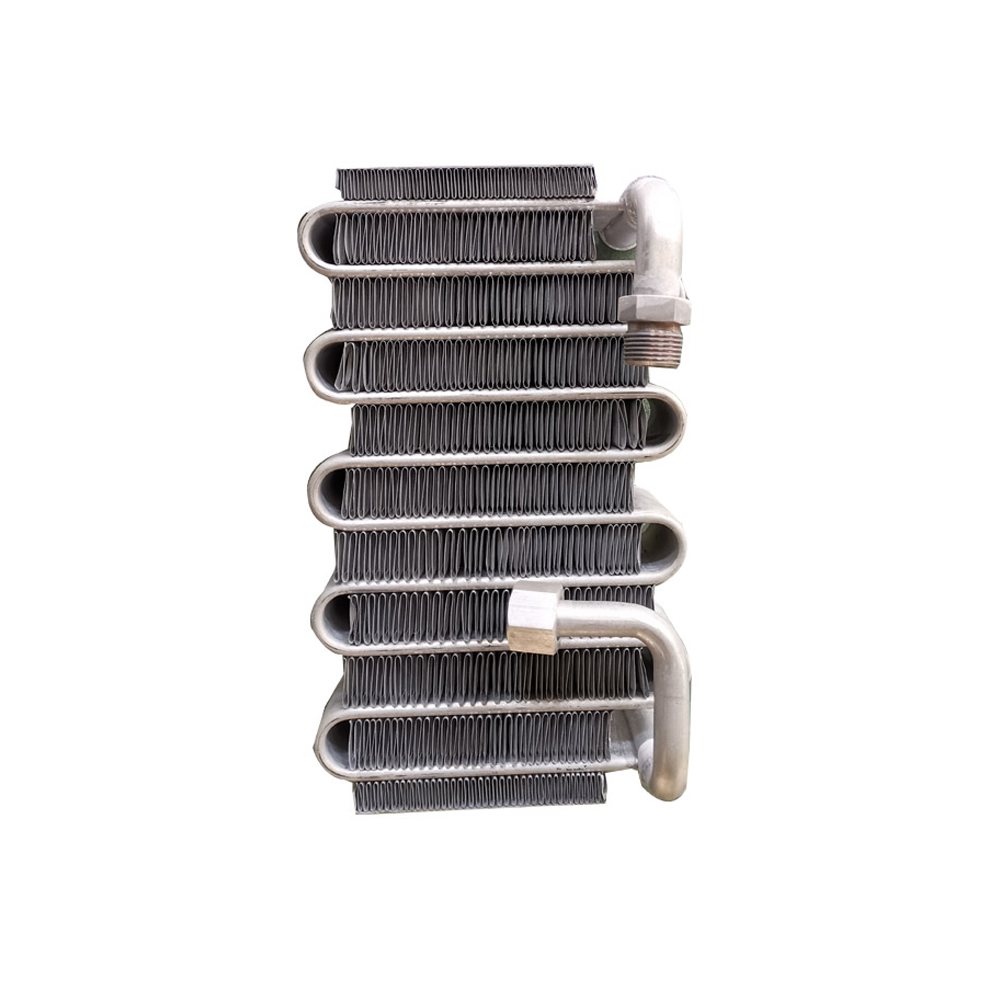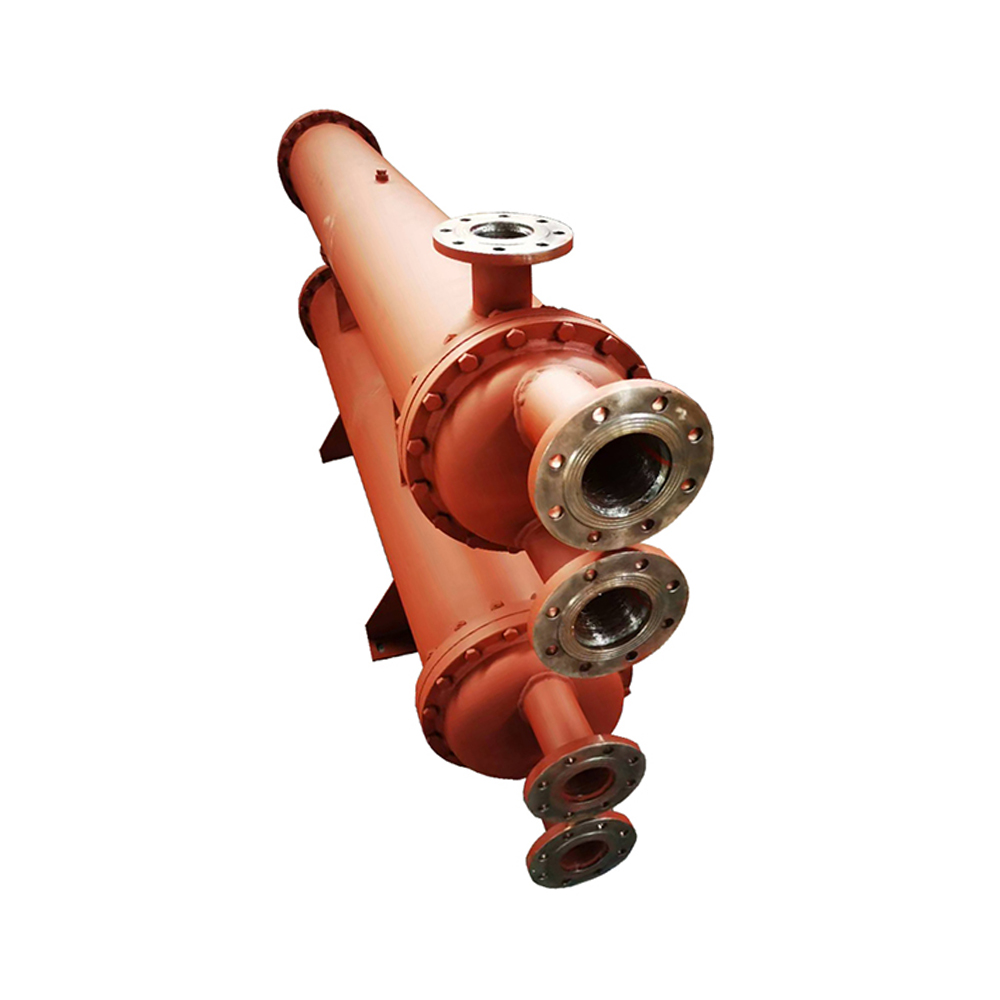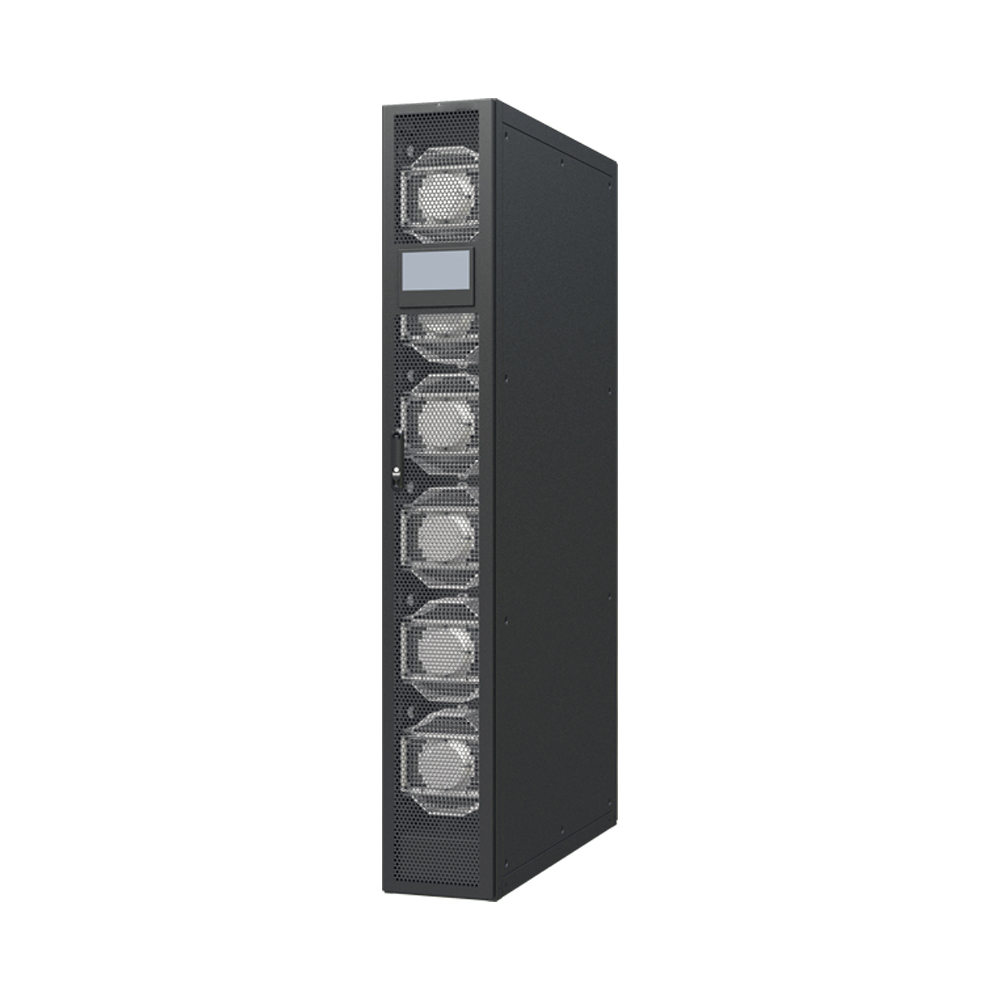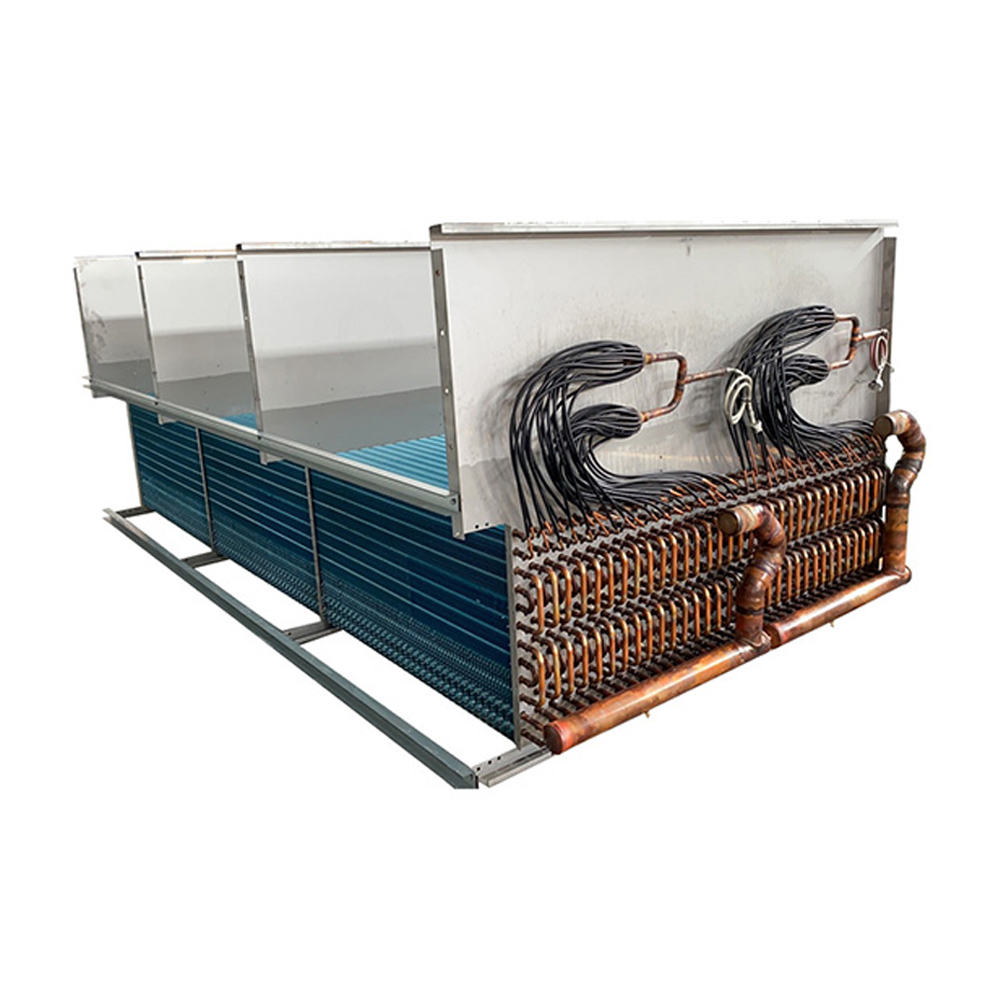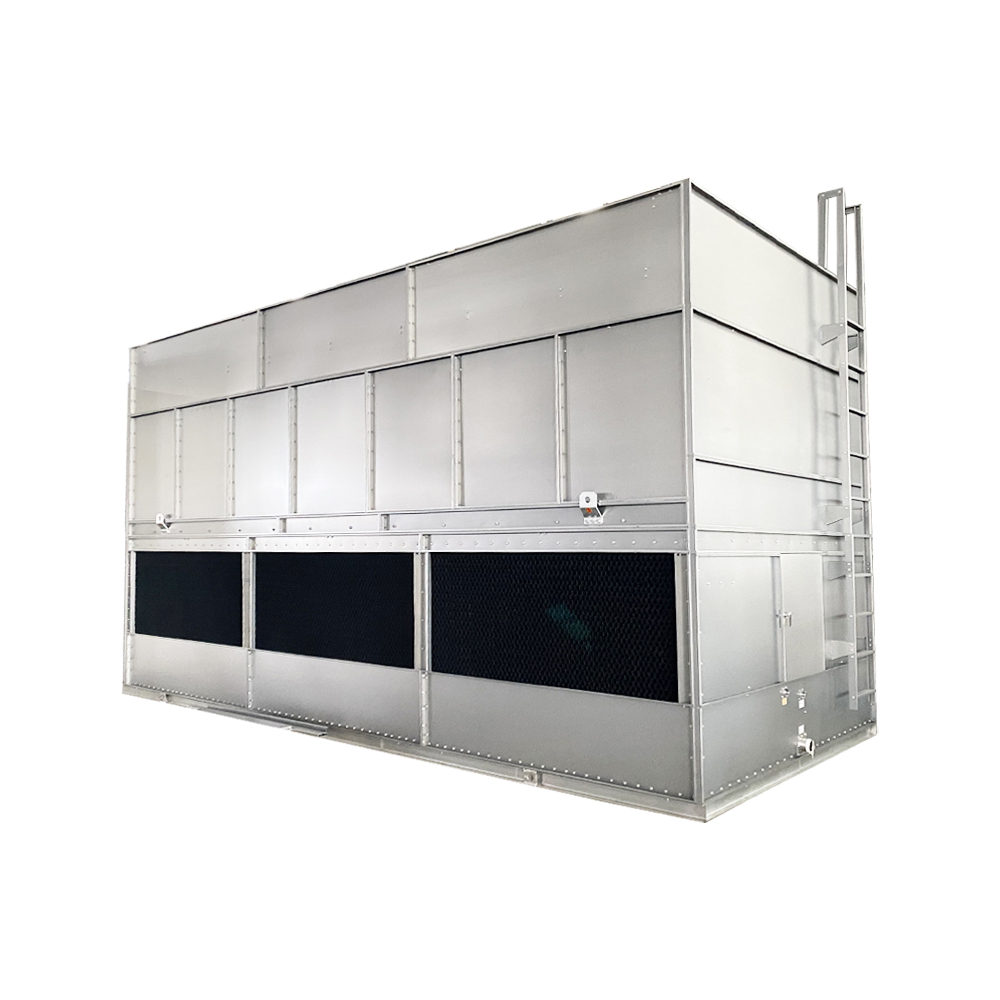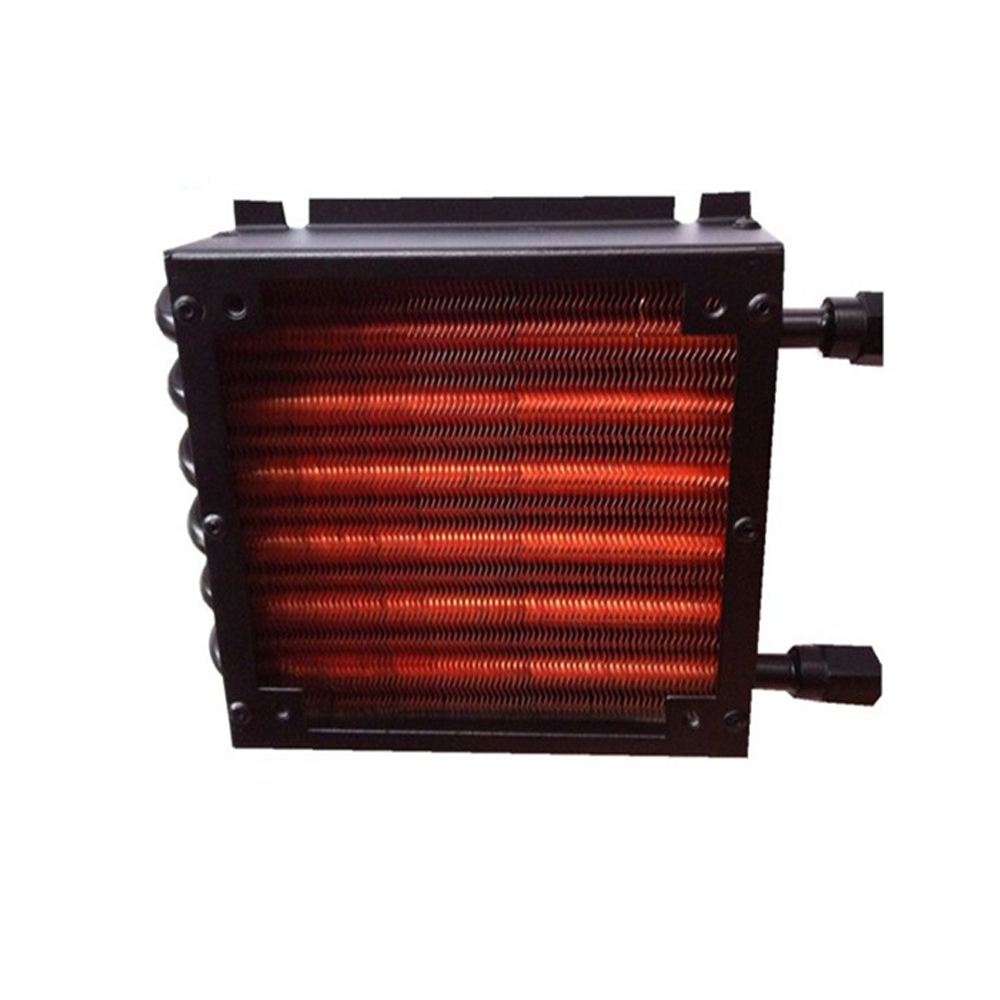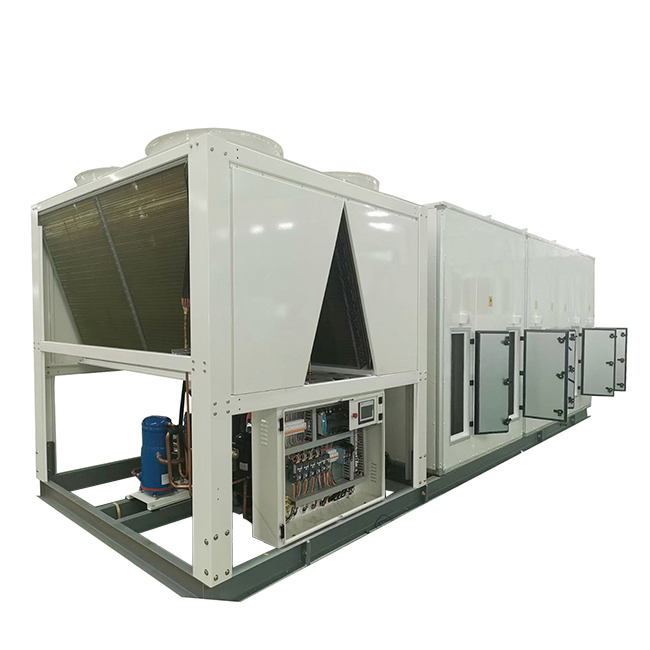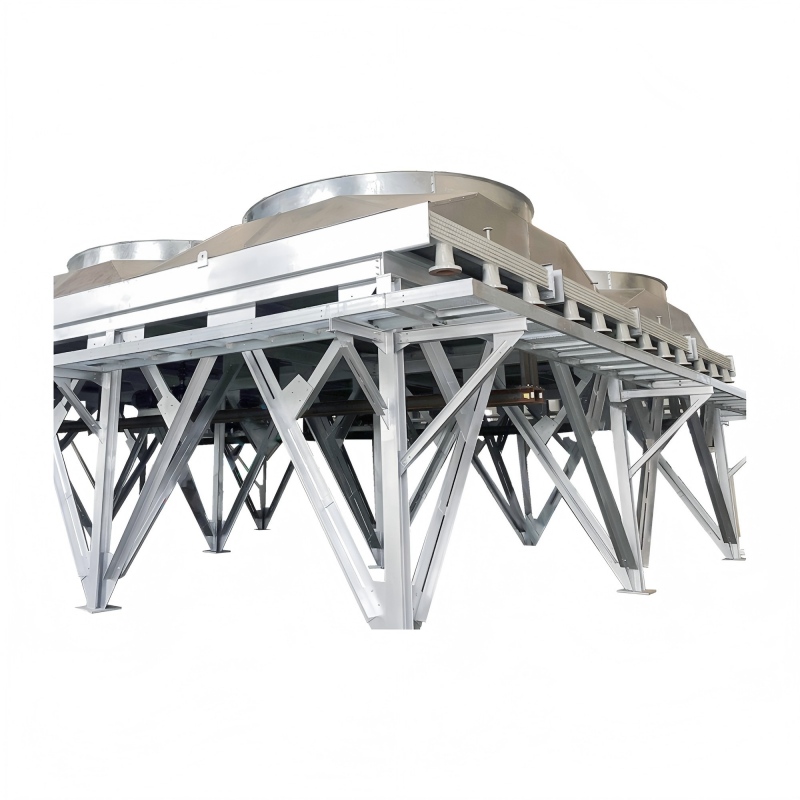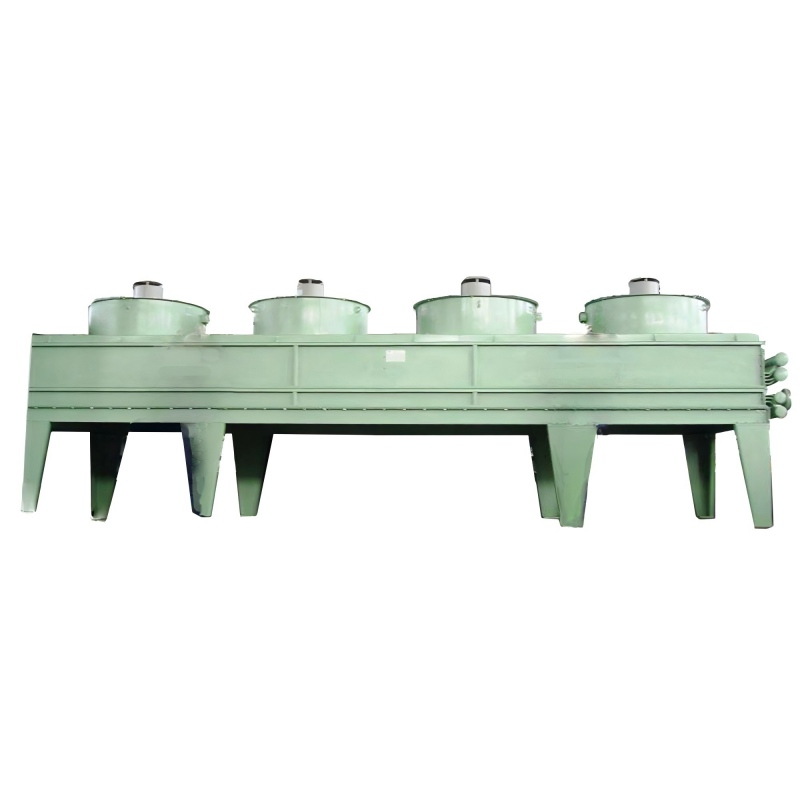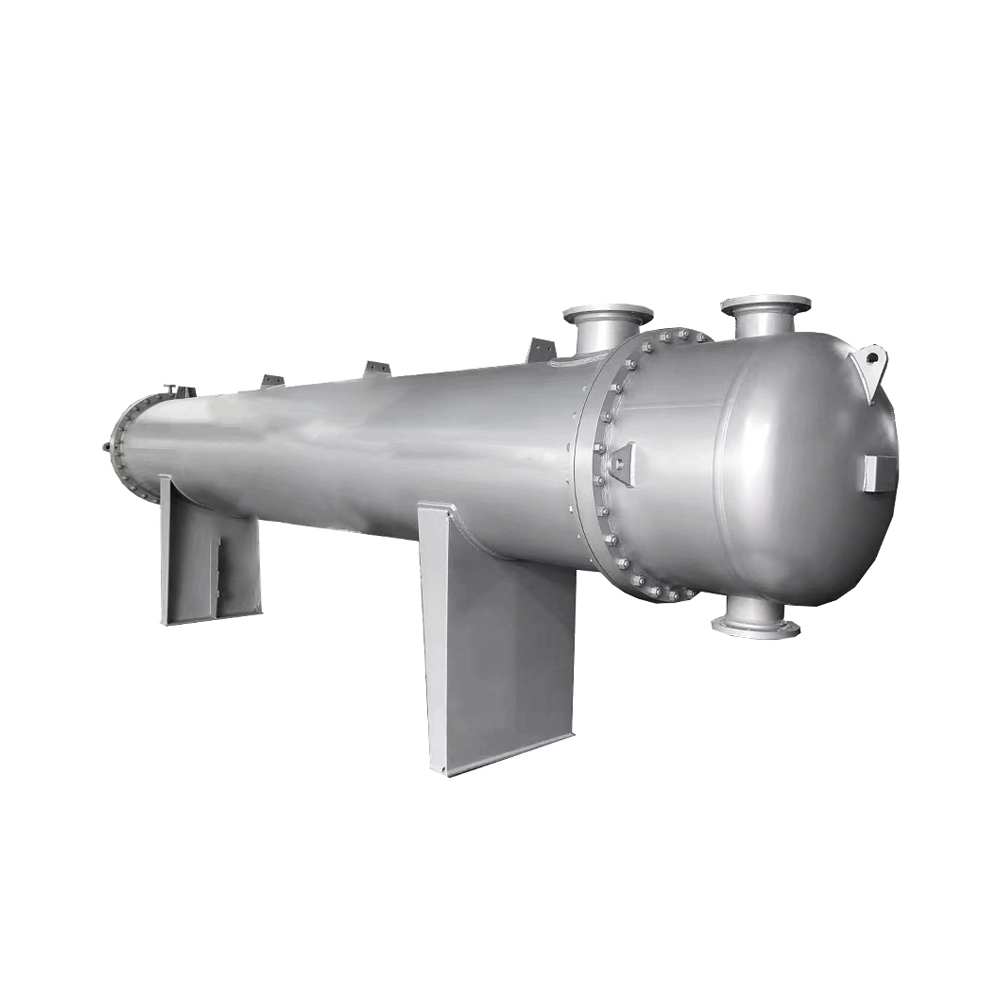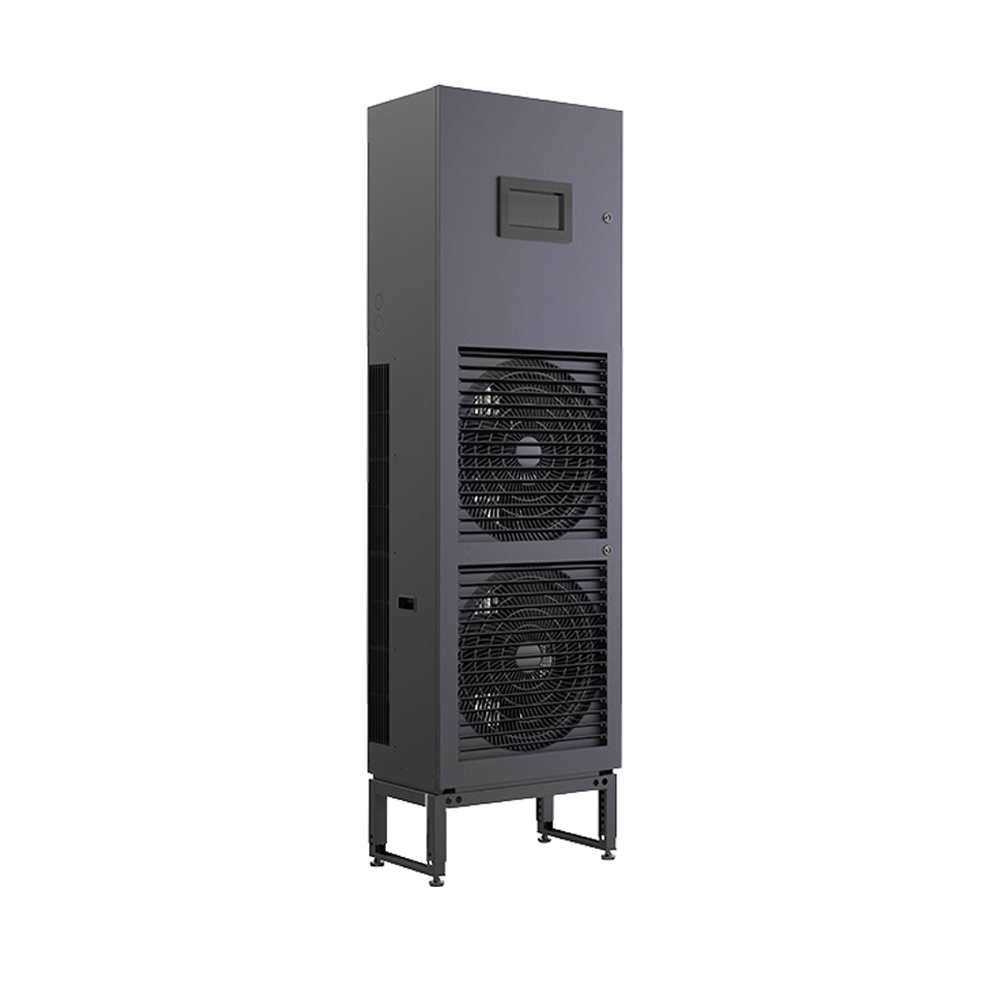A heat pump relies on a complex interplay of components to effectively transfer heat. Central to this process is the evaporator in heat pump, a critical component responsible for absorbing heat from the air (in heating mode) or releasing heat into the air (in cooling mode). Understanding its function, common problems, and maintenance is key to ensuring your heat pump operates efficiently and reliably. This guide provides a comprehensive overview, enabling you to better understand and maintain your system.
The Function of the Evaporator
Absorbing Heat (Heating Mode)
In heating mode, the refrigerant inside the heat pump enters the evaporator in heat pump as a low-pressure, low-temperature liquid. As it flows through the evaporator's coils, it absorbs heat from the surrounding outdoor air. This causes the refrigerant to evaporate, turning it into a low-pressure, low-temperature gas. This heat, absorbed from the outdoor air, is then transported inside your home, providing warmth.
Releasing Heat (Cooling Mode)
During cooling mode, the process reverses. The refrigerant, now a high-pressure, high-temperature gas, enters the evaporator in heat pump. As it flows through the evaporator coils, it releases heat into the surrounding outdoor air. The refrigerant then condenses into a high-pressure liquid, completing the cycle. This efficient heat transfer cools the air inside your home.
Common Problems with the Evaporator
Several issues can impact the performance of your evaporator in heat pump. These often manifest as reduced heating or cooling efficiency, unusual noises, or complete system failure. Some common problems include:
Frozen Evaporator Coils
A common issue, particularly in humid climates, is the formation of ice on the evaporator coils. This can restrict airflow and severely reduce efficiency. This is often caused by insufficient defrost cycles or refrigerant leaks. Regular maintenance, including cleaning the coils and ensuring proper drainage, can help prevent this.
Refrigerant Leaks
Leaks in the refrigerant lines can lead to reduced cooling and heating capacity. A qualified technician should diagnose and repair any refrigerant leaks promptly, as low refrigerant levels significantly impact the evaporator in heat pump's performance.
Dirty or Clogged Coils
Dust, debris, and other contaminants can accumulate on the evaporator coils, reducing their ability to absorb or release heat efficiently. Regular cleaning, preferably by a professional, is essential to maintain optimal performance.
Maintenance and Troubleshooting
Regular maintenance can significantly extend the lifespan of your evaporator in heat pump and your overall system. Consider the following:
Regular Cleaning
Clean the outdoor unit's coils regularly using a garden hose or a coil cleaning brush. For thorough cleaning and inspection of the indoor unit, it's advisable to contact a qualified HVAC technician.
Annual Inspection
Schedule an annual inspection by a qualified HVAC professional. This ensures that your evaporator in heat pump and the entire system are functioning optimally and helps identify potential problems before they escalate.
Choosing the Right Heat Pump System
Selecting the appropriate heat pump system for your needs is crucial for optimal performance and energy efficiency. Consider factors such as the size of your home, climate conditions, and energy consumption goals. Consulting with a reputable HVAC contractor can help you choose a system best suited to your requirements. For high-quality heat pump systems and related components, consider exploring options from Shanghai SHENGLIN M&E Technology Co.,Ltd.
Conclusion
The evaporator in heat pump plays a vital role in the efficient operation of your heating and cooling system. By understanding its function, potential problems, and recommended maintenance practices, you can ensure optimal performance and extend the lifespan of your heat pump. Regular maintenance and professional servicing are key to maximizing efficiency and preventing costly repairs.









